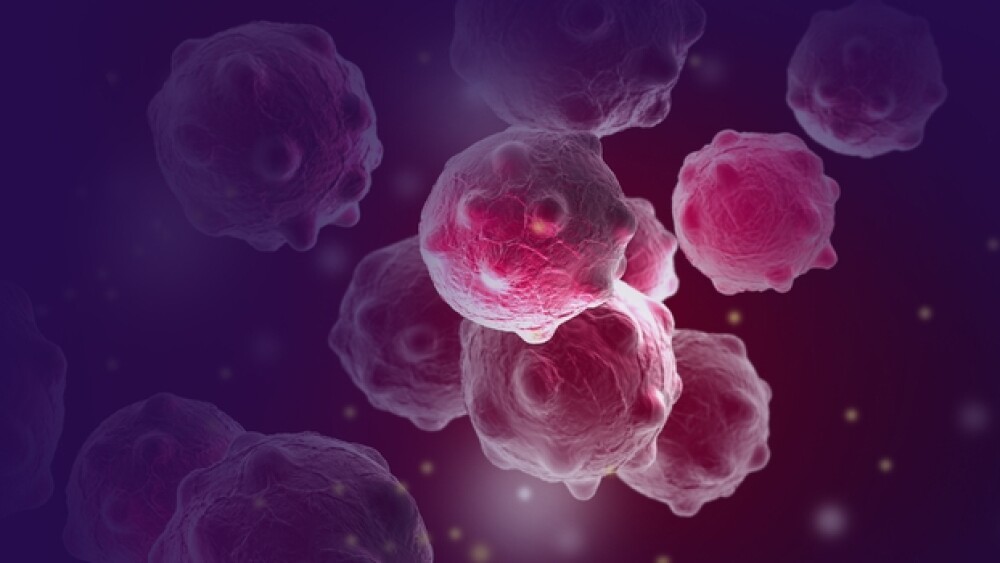Merck’s vaunted checkpoint inhibitor Keytruda combined with chemotherapy proved to be more efficacious than chemotherapy alone as neoadjuvant therapy in pre- and post-surgery triple-negative breast cancer patients.
Merck’s vaunted checkpoint inhibitor Keytruda combined with chemotherapy proved to be more efficacious than chemotherapy alone as neoadjuvant therapy in pre- and post-surgery triple-negative breast cancer patients.
Over the weekend, Merck presented interim data from the Phase III KEYNOTE-522 trial in patients with early-stage triple-negative breast cancer at the European Society for Medical Oncology (ESMO) 2019 Congress. The trial investigated a regimen of neoadjuvant Keytruda, and anti-PD-1 therapy, plus chemotherapy, followed by adjuvant Keytruda as monotherapy compared with a regimen of neoadjuvant chemotherapy followed by adjuvant placebo. The data are from the first randomized trial of an anti-PD-1 therapy in the neoadjuvant/adjuvant setting for triple-negative breast cancer, Merck said.
In the neoadjuvant phase, the combination of Keytruda and chemotherapy resulted in a statistically significant increase in pathological complete response versus chemotherapy alone. Merck said the addition of Keytruda increased response from 51.2% with neoadjuvant chemotherapy to 64.8% with the neoadjuvant combination with the pre-surgery patients. That meant that there was no invasive residual cancer in breast and lymph nodes at the time of surgery, Merck said.
In its announcement, Merck noted that the improvement in patients when Keytruda was added to their treatment regimen was observed regardless of PD-L1 expression. In the other dual primary endpoint of event-free-survival, the Keytruda regimen reduced the risk of progression in the neoadjuvant phase and recurrence in the adjuvant phase by 37% at a median of 15.5 months, Merck said.
Roger M. Perlmutter, president of Merck Research Laboratories, said the KEYNOTE-522 trial is the first to employ combined neoadjuvant and adjuvant treatment with Keytruda in patients with early-stage triple-negative breast cancer. He said the results of the Phase III trial are encouraging and “have the potential to change the treatment of patients diagnosed with TNBC.”
The interim data from KEYNOTE-522 is strong enough that Merck said it intends to share it with regulatory agencies in preparation for seeking regulatory approval in this indication.
Keytruda plus chemotherapy was previously granted Breakthrough Therapy designation by the U.S. Food and Drug Administration for the neoadjuvant treatment of patients with high-risk, early-stage TNBC. The BTD was granted based on data from Phase Ib KEYNOTE-173 and Phase II I-SPY2 trial, which demonstrated encouraging anti-tumor activity with neoadjuvant KEYTRUDA plus chemotherapy in these patients.
The safety profiles of Keytruda and chemotherapy in KEYNOTE-522 were consistent with previous studies.
Hayley Dinerman, executive director of the Triple Negative Breast Cancer Foundation called the findings of the KEYNOTE-522 trial exciting for patients with this type of cancer. She said the TNBC community is in need of scientific advances and is pleased to see new data focused on earlier lines of treatment.





